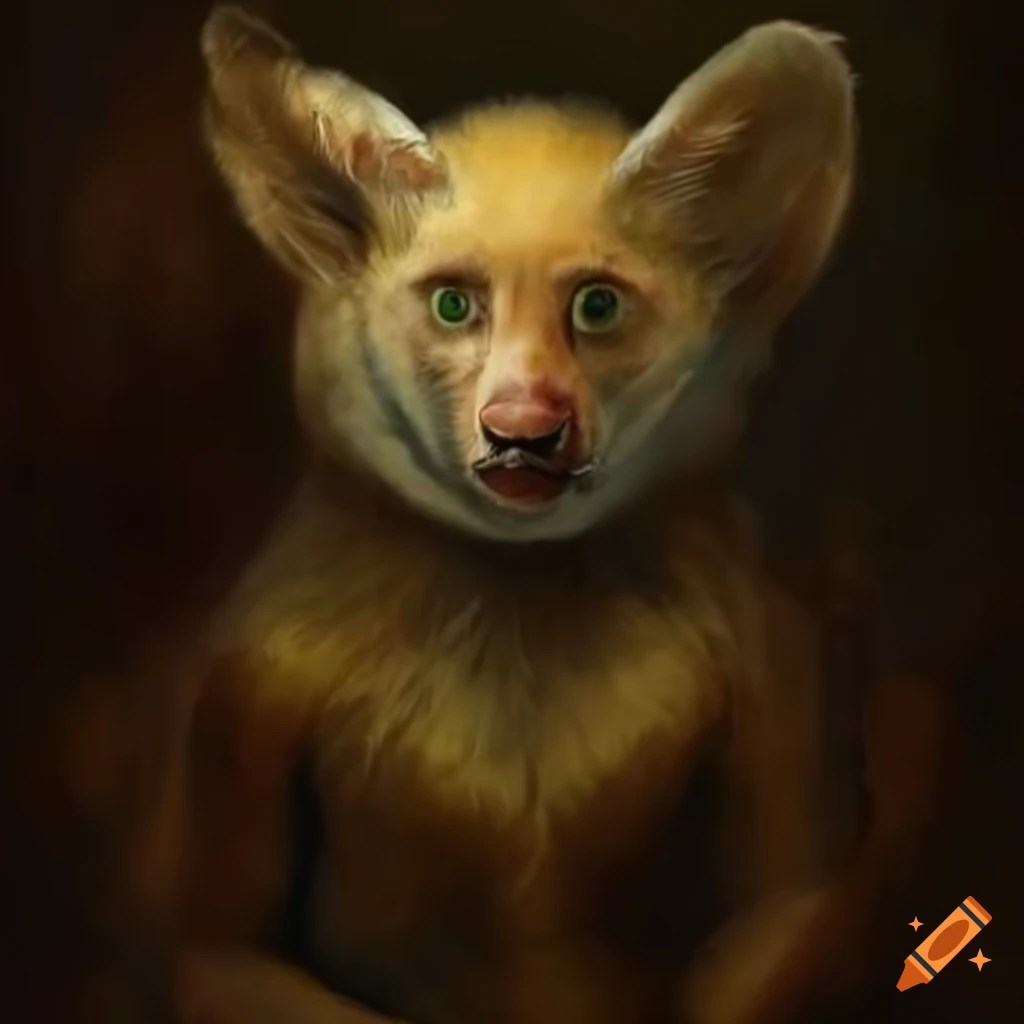Creatures of the Inferno: Animals and Their Fascinating Connection to Fire
The relationship between animals and fire is a complex and often overlooked aspect of ecology. While fire is often perceived as a destructive force, it plays a crucial role in shaping many ecosystems around the world. And within these fire-prone environments, certain animals have developed remarkable adaptations not only to survive but even to thrive. From fire-resistant scales to remarkable navigational skills that allow them to escape danger, these creatures demonstrate an incredible resilience and ability to adapt to some of nature's most extreme conditions.
Imagine a bird deliberately picking up a burning twig, flying to a new location, and dropping it to ignite a fresh blaze. This incredible behavior, exhibited by black kites in Australia, highlights the intricate ways animals interact with fire. While some animals have evolved physical traits that protect them from flames, others have developed behavioral adaptations, exploiting fire for hunting, foraging, or even creating favorable habitats.
Understanding the connection between animals and fire is crucial for effective conservation efforts, particularly in the face of climate change. As temperatures rise globally, wildfires are becoming increasingly frequent and intense, posing significant challenges to wildlife populations. By studying how animals have adapted to fire-prone environments, we can gain valuable insights into protecting biodiversity in a world where fire plays an increasingly significant role.
The relationship between fire and animals extends far beyond simply fleeing from flames. Some species, like the aforementioned black kites, use fire to their advantage. These birds have been observed intentionally spreading fires, a behavior that helps flush out prey and make them easier to catch. Other animals, like certain species of beetles, are attracted to the smoke and heat of a fire, using these cues to locate recently burned areas where they can lay their eggs without competition.
However, the increasing intensity and frequency of wildfires, often fueled by human activities and climate change, pose a considerable threat to wildlife. The destruction of habitat, direct mortality from flames, and the loss of food sources are just a few of the challenges animals face in a world where wildfires are becoming more common. Recognizing and addressing these issues is critical to protecting biodiversity and ensuring the survival of these incredible animals.
Advantages and Disadvantages of Animals Interacting with Fire
| Advantages | Disadvantages |
|---|---|
| Access to food resources in recently burned areas | Direct mortality from intense flames and heat |
| Reduced competition for resources in post-fire environments | Loss of habitat and shelter due to fire |
| Creation of favorable habitats for certain species | Disruption of breeding cycles and population dynamics |
| Opportunities for hunting and foraging in altered landscapes | Increased vulnerability to predators in burned areas |
Common Questions About Animals and Fire
1. How do animals sense wildfires?
Many animals possess a keen sense of smell and can detect smoke from miles away. Others are sensitive to changes in air pressure or ground vibrations, providing early warnings of approaching fire.
2. What animals benefit most from fires?
Species like woodpeckers, black kites, and certain beetles often thrive in post-fire environments due to increased food availability and reduced competition.
3. Can fire be beneficial for ecosystems?
Yes, fire is a natural part of many ecosystems and can be crucial for nutrient cycling, plant regeneration, and maintaining biodiversity.
4. How do wildfires impact animal populations?
The impact of wildfires can vary, with some species benefiting and others facing significant challenges such as habitat loss, food scarcity, and increased predation risk.
5. What are some adaptations of fire-resistant animals?
Some animals have thick bark or scales, while others burrow underground or seek refuge in water to escape the heat of a fire.
6. How can we help animals affected by wildfires?
Supporting conservation organizations, advocating for responsible land management practices, and creating defensible spaces around homes can help mitigate the negative impacts of wildfires on wildlife.
7. Are there any animals that are completely immune to fire?
While some animals have remarkable adaptations, no animal is truly immune to fire. However, certain species possess a higher tolerance to heat and flames than others.
8. Can animals adapt to the increasing frequency of wildfires?
While some animals exhibit remarkable adaptability, the rapid increase in wildfire frequency and intensity, often driven by human activities, poses a significant challenge to wildlife populations.
The intricate relationship between animals and fire highlights the incredible resilience and adaptability of life on Earth. While fire can be a destructive force, it is also a natural element that has shaped ecosystems and influenced animal evolution for millennia. Understanding this relationship is crucial, especially as we face the growing challenges of climate change and increased wildfire activity. By learning from these creatures, we can develop more effective conservation strategies, protect biodiversity, and ensure that future generations can marvel at the remarkable ways animals have adapted to thrive in even the most fire-prone environments.
Alex fernandez hijo de alejandro fernandez a legacy unfolds
Unleashing potential exploring the power of contoh makalah inovasi pendidikan
The curious case of older men and cut off jeans













